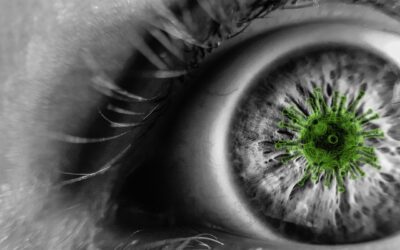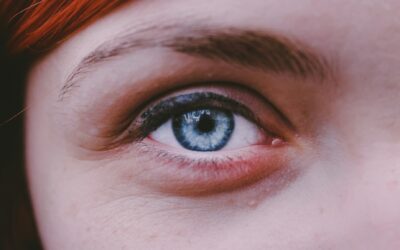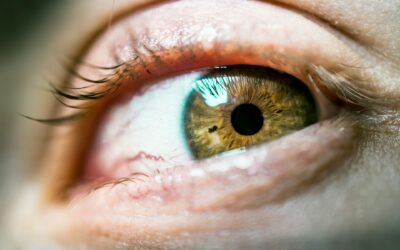Eye allergies occur when the immune system in the eyes overreacts in response to a trigger. In many cases, the trigger is something in the environment or around the eyes. These allergies can cause irritated, red eyes that persist for several days.
Symptoms of Eye Allergies
In every person, the severity or presence of specific symptoms may be different.
Despite this variance, the most common symptoms among all those with eye allergies are itchy eyes, red eyes, and watery eyes.
These symptoms are not solely associated with eye allergies, but together these symptoms are highly indicative of eye allergies.
As the allergies are associated with the overreaction of the immune system, the symptoms are caused by this reaction.
Inflammation that occurs with the overaction of the immune system will cause the eyes to become red and produce a chemical that causes itching and watering.
Signs of Eye Allergies
Symptoms of eye allergies are felt by the patient, but the signs of eye allergies are observed by an eye doctor.
The signs of eye allergies include small bumps on the inside of the eyelid, a build up of watery discharge in the tear film, and variable vision between blinks.
The small bumps on the inside of the eyelid are called papillae and are caused by the swelling of the membrane of the eye. These bumps are surrounded by a small blood vessel which causes it to develop more swelling.
The eyes can become irritated by the chemicals released with an allergic reaction and begin to release a watery discharge similar to tears. It can become too much for the eye to contain and lead to tears flowing onto the face.
Since the eye is being affected by the eye allergies on the front of the eyes, there may be times where vision is blurry or appears to be looking through dirty glass between the blinks. Usually, this sign is noted in an eye exam when the best vision varies rapidly based on the front of the eye.
Causes of Eye Allergies
Eye allergies are triggered by a substance which irritates the eyes.
Commonly, these substances are pollen, dust, or other airborne debris. This can cause eye allergies which wax and wane with the seasons. Most commonly, eye allergies will become worse in the spring or summer and less severe in the winter or fall.
Other potential causes of eye allergies include cosmetics applied to the eyes and face like makeup, lotion, or face wash. These can irritate the eyelid skin or eyes if exposed to the surface of the eyes.
Eye drops, both medication and over the counter artificial tears, can contain components which cause an allergic reaction. These allergic reactions are often severe and occur rapidly after the drop is instilled in the eyes.
Treating Ocular Allergies
To treat eye allergies, there are some eye drops or oral medications that can be used to minimize the symptoms and signs.
Antihistamine eye drops are available over the counter and are used to treat eye allergies caused by airborne substances.
If the eye allergy is caused by a specific cosmetic or eye drop, the best treatment is to stop using that product and switch to an alternative.




